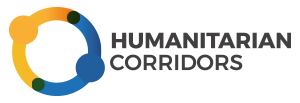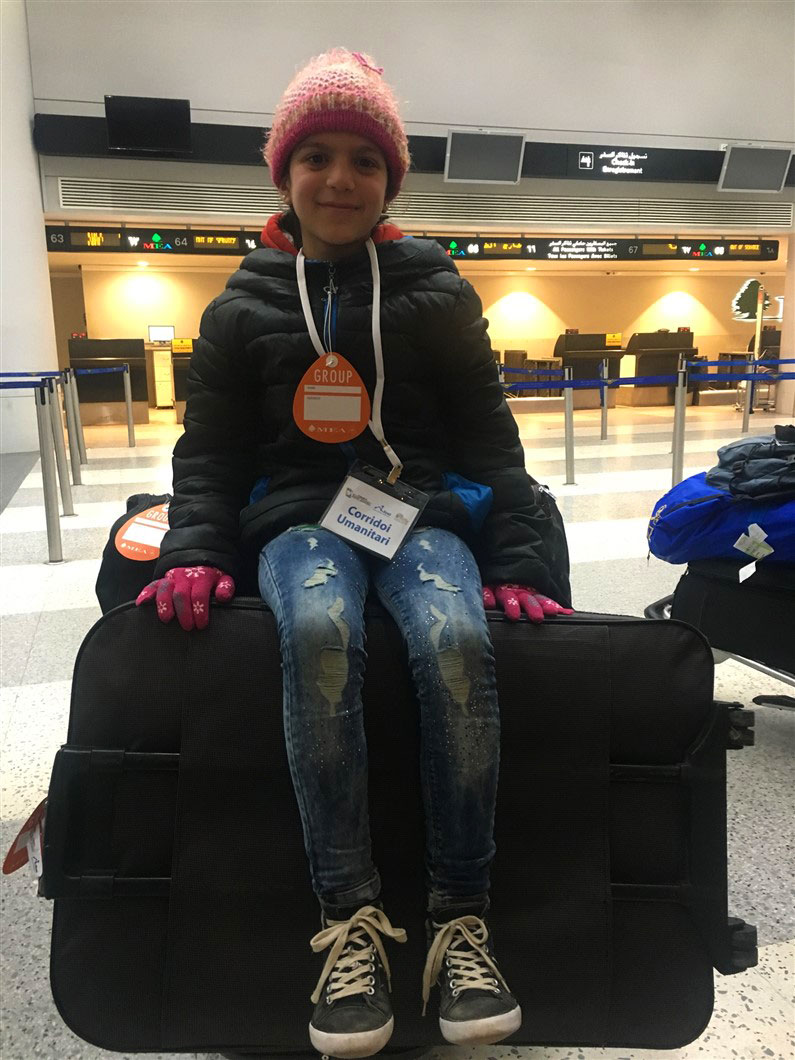The Humanitarian Corridors based on MoU signed with public authorities in charge and Community of Sant’Egidio and other organizations that involve civil society in different European countries: Italy, France, Belgium, Andorra.
The first Humanitarian Corridors have been implemented from Lebanon to Italy in accordance with a Memorandum of Understanding called “Opening of Humanitarian Corridors”, signed on December 15th 2015 by the Ministry of Foreign Affairs and International Cooperation – Directorate General for Italians abroad and Migration Policies, Ministry of the Interior – Department for Civil Liberties and Immigration, the Community of Sant’Egidio, the Federation of Evangelical Churches in Italy (FCEI) and the Tavola Valdese (Waldensians Church).
The first MoU allowed the safe and legal entry in Italy of 1.011 Syrians refugees from Lebanon.
Between 2016 and 2017, 1.011 people have been welcomed in 80 different cities spread out in 18 Italian regions thanks to the involvement of volunteer organisations and local/grassroot associations who foster the integration of beneficiaries, according to the “widespread reception” model.
On 2017, the extension for further 1.000 beneficiaries in the years 2018-2019 has been approved.
A third “Opening of Humanitarian Corridors” Protocol – signed on January 12th 2017 by the Italian Episcopal Conference (through Italian Caritas and Migrantes Foundation) and the Community of Sant’Egidio – is currently in progress and assure the legal and safe entry in Italy for 500 Eritrean, South-Sudane and Somali refugees from Ethiopia.
Furthermore, two different Humanitarian Corridors Protocols have been signed for refugees from Lebanon to France and Belgium, for a total of 650 visas for humanitarian reasons.
The “Human Corridor” project based on the following Protocols:
Lebanon – Italy signed by
The Community of Sant’Egidio
The Federation of Evangelical Churches in Italy (FCEI)
The Tavola Valdese (Waldensians Church)
Ethiopia – Italy, signed by
The Community of Sant’Egidio
The Episcopal Conference of Italy (CEI)
Lebanon – France, signed by
The Community of Sant’Egidio,
The Episcopal Conference of France
Caritas France
Protestant Federation of France
Federation of Protestant Mutual Assistance


